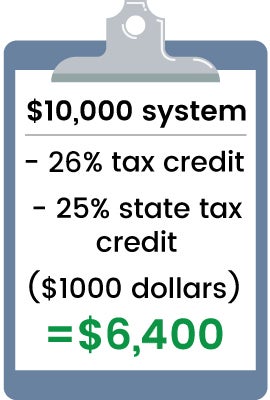Net metering in arizona is a public policy and political issue regarding the rates that arizona utility companies pay solar customers sell excess energy back to the electrical grid.
Arizona solar panel net metering.
Unfortunately in december 2016 net metering was repealed by the arizona corporation commission acc however a replacement system was adopted that whilst less generous still gives homeowners something close to retail rates for excess solar power they export to the grid.
Net metering originated in the united states where small wind turbines and solar panels were connected to the electrical grid and consumers wanted to be able to use the electricity generated at a different time or date from when it was generated.
1 so it s no surprise that it consistently ranks in the top 10 solar states in the u s.
Tep ends solar net metering program in tucson and southern arizona it s hard to miss the news.
Arizona utility regulators voted tuesday to end the system of net metering where homeowners with solar panels get retail credits for power they send to the grid and instead reduce the amount.
Net metering in arizona today net metering has largely been phased out in our state on account of a controversial decisionby the arizona corporation commission in 2016.
Some solar advocates say the.
This is known as a feed in tariff rather than net metering.
As arizona brings an end to net metering other states such as new york and california have opted to retain the policy in the near term while developing more granular ways to assess the value of.
As one of the sunniest states in the country arizona is a paradise when it comes to solar power.
In addition the commission eliminated net metering for new solar customers through the implementation of the arizona value of solar decision that was issued in december 2016.
In some cases rooftop solar customers in certain areas may still be eligible for net metering.
2 while generous sun is the biggest factor arizona s solar incentives and the federal solar tax credit help to contribute to its competitive solar capacity.
As a result new solar customers will no longer be compensated for the excess energy they export to the grid at retail rates.










